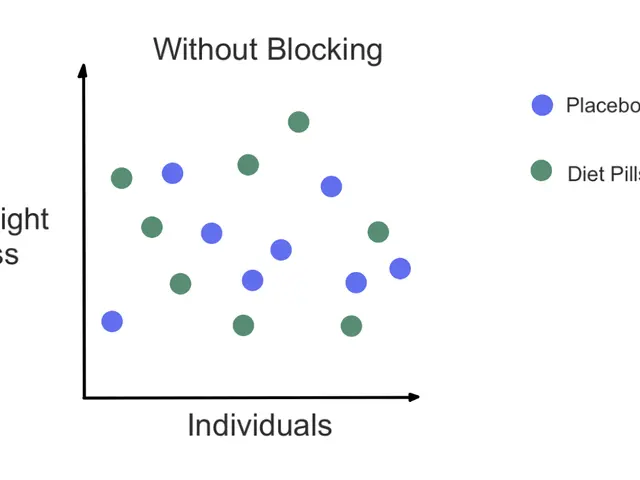Best diet recommendations for managing rheumatoid arthritis symptoms
Rheumatoid Arthritis (RA) is a chronic, long-term condition that affects millions worldwide. While there is no cure for RA, it can be managed effectively through a combination of medications and lifestyle changes. This article explores the recommended dietary choices and lifestyle adjustments for managing RA symptoms.
Recommended Foods for RA
The focus of the recommended diet for RA is on reducing inflammation and promoting overall joint health. One such diet that is frequently recommended is the Mediterranean diet. This diet emphasizes:
- Fruits and vegetables: Rich in antioxidants and vitamins that help reduce inflammation.
- Fish, especially fatty fish like salmon, rich in omega-3 fatty acids which have strong anti-inflammatory properties.
- Olive oil: A healthy fat that supports inflammation reduction.
- Whole grains: Containing fiber and nutrients that aid in weight management and reduce joint pressure.
- Nuts and seeds: Such as walnuts, almonds, and chia seeds, which provide healthy fats and protein.
- Legumes and lentils: Good plant-based protein sources and fiber-rich.
- Spices like turmeric, ginger, and garlic: Known to have anti-inflammatory properties and may help relieve RA symptoms.
Fresh fruits like berries, oranges, and apples are also packed with antioxidants. Greek yogurt provides probiotics and protein. Foods to limit or avoid include processed carbohydrates, red meat, and fried foods, as these can promote inflammation.
Lifestyle Changes for RA Management
In addition to dietary changes, adopting a healthy lifestyle is crucial for managing RA. Regular exercise, stress reduction techniques, and weight management are key components of this approach.
- Regular exercise: Gentle physical activity such as walking, swimming, or yoga helps maintain joint flexibility, reduce stiffness, and strengthen muscles around joints.
- Stress reduction techniques: Practices like mindfulness, meditation, and adequate rest can help mitigate symptom flare-ups, as stress may worsen inflammation.
- Weight management: Maintaining a healthy weight reduces stress on joints, alleviating pain and limiting disease progression.
It's important to note that complementing dietary changes with medically prescribed treatments is essential. Diet and lifestyle are supportive, not substitutes for RA medications.
Working with a healthcare provider regularly is essential for people with RA to manage their condition effectively. The CDC recommends at least 150 minutes of moderate intensity physical activity every week.
In summary, adopting a Mediterranean-style anti-inflammatory diet rich in fruits, vegetables, fish, whole grains, nuts, and spices, combined with regular low-impact exercise and stress management, is widely recommended for managing RA symptoms and improving joint function.
- Rheumatoid Arthritis (RA) is a chronic, long-term condition that affects millions worldwide, with no cure but effective management through medications and lifestyle changes.
- One such diet recommended for RA management is the Mediterranean diet, which emphasizes fruits and vegetables, fish, olive oil, whole grains, nuts and seeds, legumes, spices like turmeric, ginger, and garlic, and foods to limit like processed carbohydrates, red meat, and fried foods.
- Fresh fruits, antioxidant-rich and nutrient-dense, are also essential in this diet, while Greek yogurt offers probiotics and protein.
- Regular exercise is another crucial component of RA management, with gentle physical activities like walking, swimming, or yoga helping maintain joint flexibility, reduce stiffness, and strengthen muscles around joints.
- Stress reduction techniques, such as mindfulness, meditation, and adequate rest, can help mitigate symptom flare-ups in RA, as stress may worsen inflammation.
- Weight management is also key, as maintaining a healthy weight reduces stress on joints, alleviating pain and limiting disease progression.
- Dietary changes, while important, must be complemented with medically prescribed treatments, as they are supportive, not substitutes for RA medications.
- Regular work with a healthcare provider is essential for people with RA to manage their condition effectively, with the CDC recommending at least 150 minutes of moderate intensity physical activity every week.
- Antioxidants, found in fruits, vegetables, and certain spices, are helpful in reducing inflammation in RA, while the omega-3 fatty acids in fish exhibits strong anti-inflammatory properties.
- Chronic diseases like rheumatoid arthritis call for a comprehensive approach to management, incorporating not only diet and exercise but also ongoing medical care and attention to mental well-being.
- Skin care is an often-overlooked aspect of men's health, requiring regular hydration, sun protection, and awareness of the signs of chronic conditions like skin cancer.
- Women may have specific health concerns related to chronic diseases like rheumatoid arthritis, type-2 diabetes, and chronic kidney disease, making it essential to prioritize women's health in a holistic approach to managing these conditions, encompassing fitness and exercise, nutrition, and weight management.






